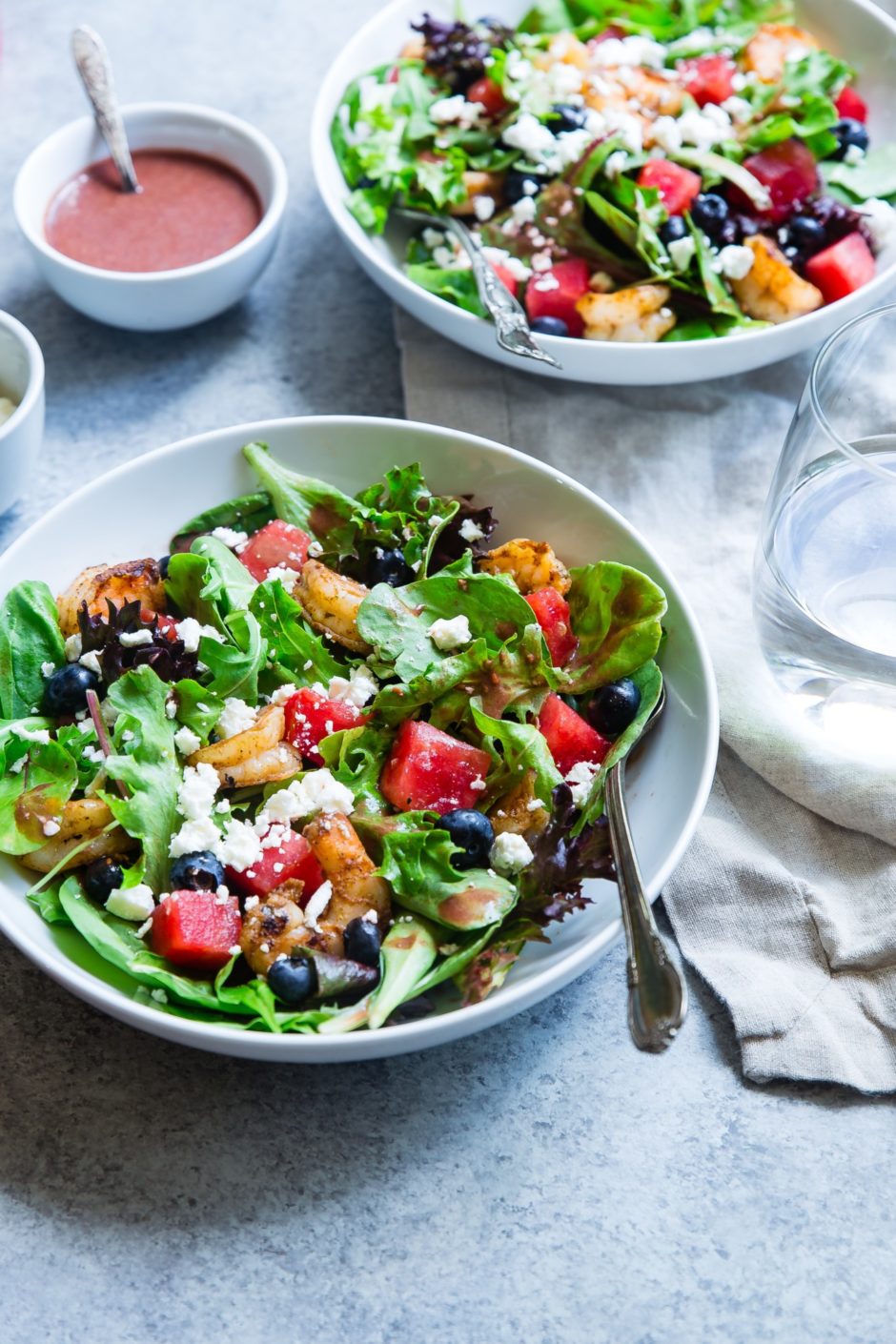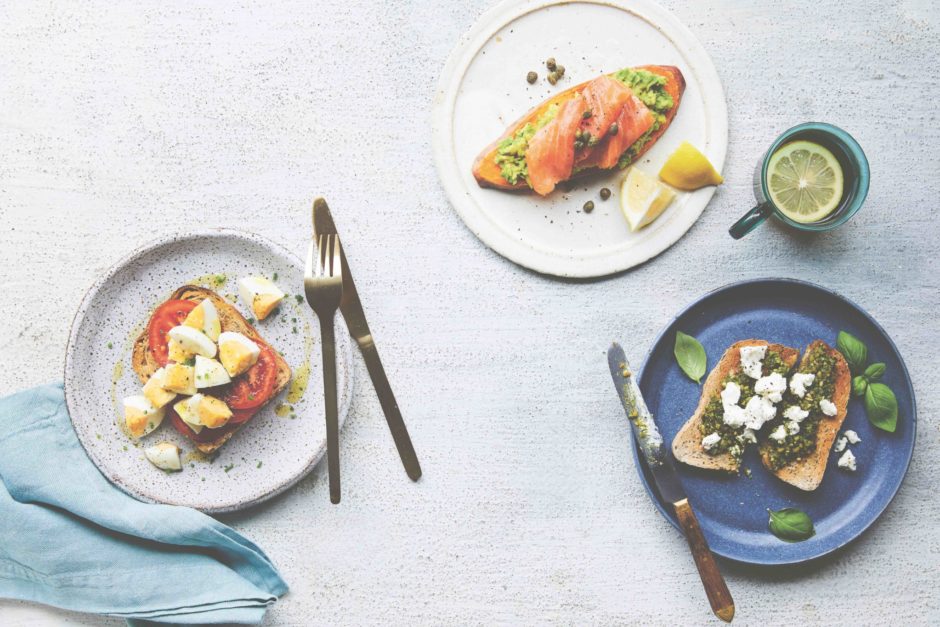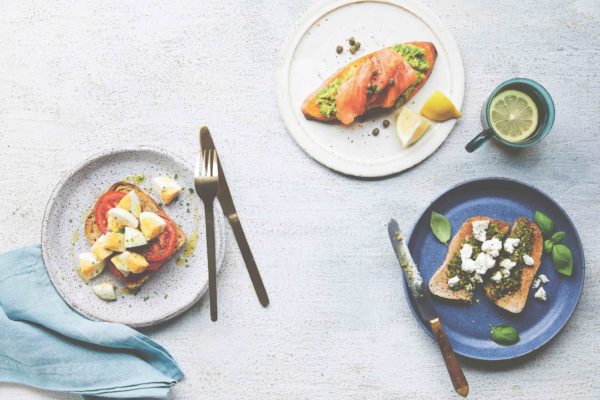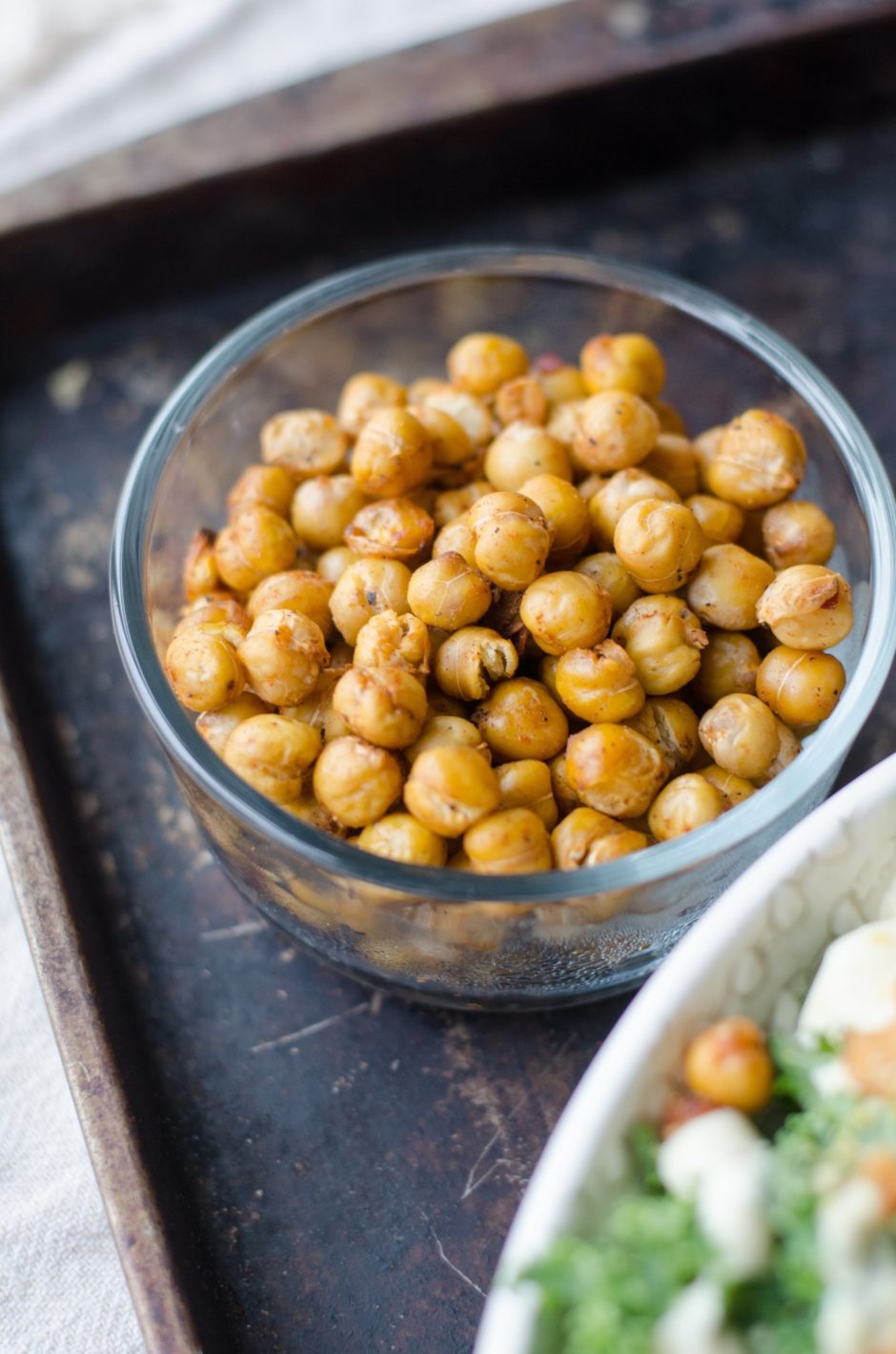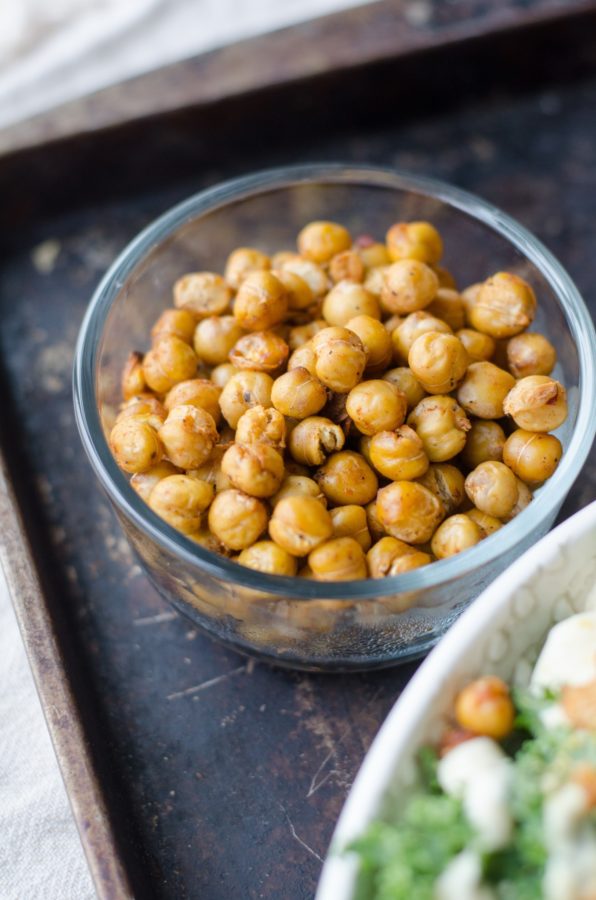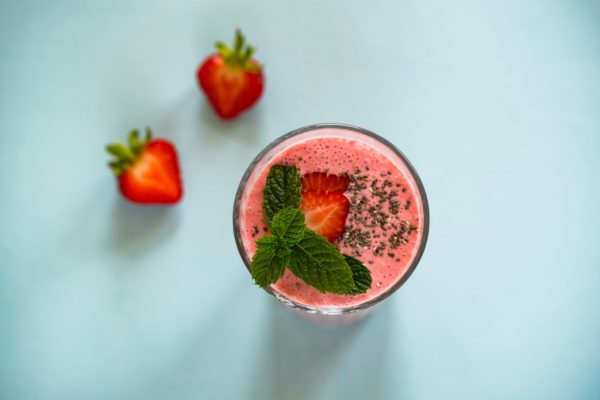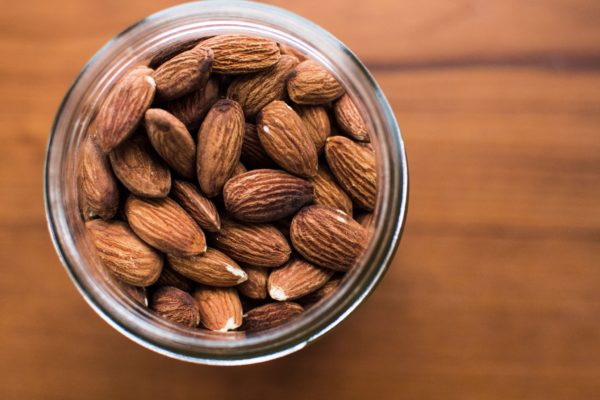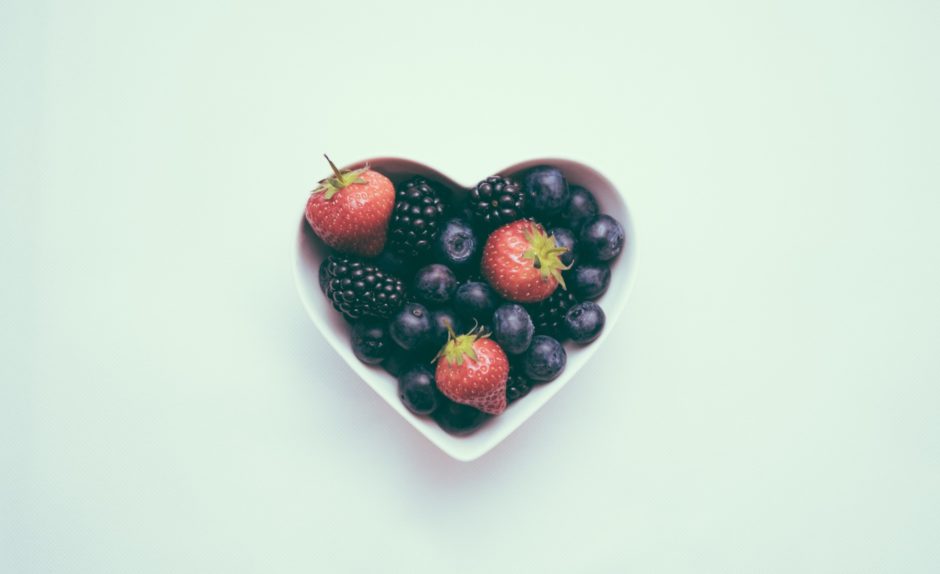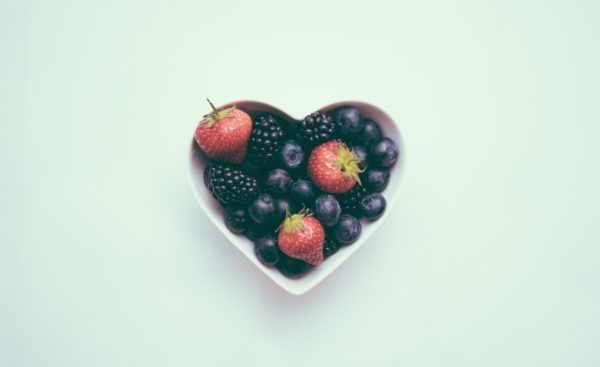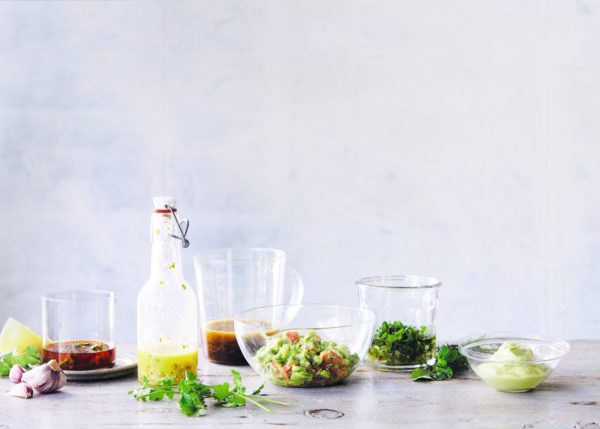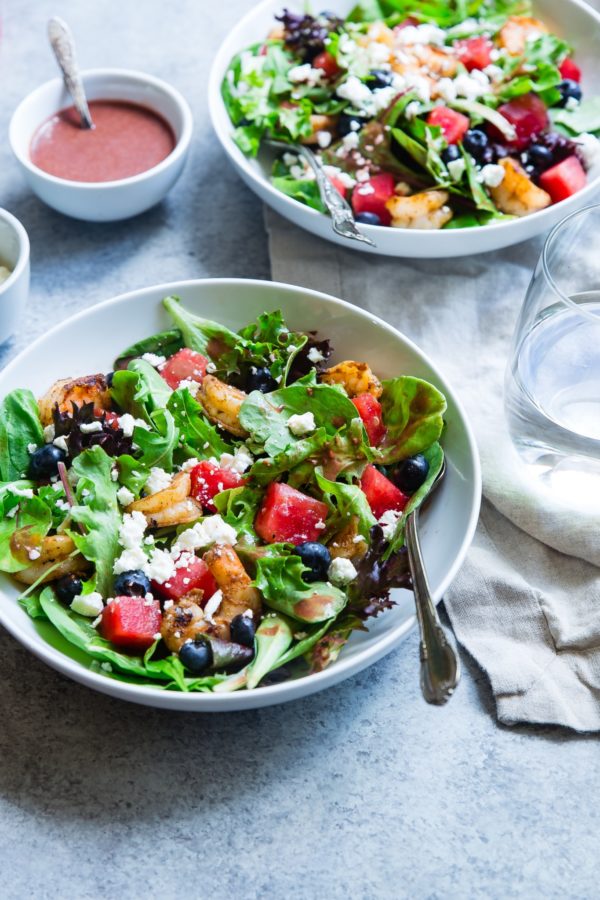
Being in lockdown can really wreak havoc on one’s good intentions to eat well. Having access to snacks aplenty all day while WFH, not having access to all the ingredients we need and often feeling exhausted after a long day means that often we’re not eating as well as we could all the time. So, what are some ways to actually make it easier to eat healthily? I spoke to nutritionist and author Michele Chevalley Hedge recently, and here’s what she had to say…
What are some ways we can make it more feasible to eat well during lockdown?
“It has always been a general nutritional philosophy to eat with a plan but certainly now that is even more important as most of us are only working several tempting metres from our pantries and snacks. If you find yourself wandering in boredom to kitchen to eat throughout the day then please map an eating plan a day or two in advance. A plan with a vision becomes a reality and one that comes with no guilt.
If you are in insolation and find yourself moving less than please consider reducing the amount of carbs you are eating. Still have them, make sure they are smart carbs ( brown rice, quinoa, buckwheat, sweet potato, barley, oats ) but only have them at breakfast and lunch. Smart carb, starchy carbs, slow carbs—the terms are interchanged—but what you really need to know is that they break down to sugars. If we are not burning those sugars with brain energy and physical energy they will end up on your new ‘corona’ muffins.”
What does a day of healthy eating entail?
“There has never been a more appropriate time to look at our diets and build our immune systems than now. What a day of healthy eating looks like today should be the same as it should in one year from now. A diet that is full of real, whole foods, unpackaged and unprocessed as often as possible. This type of diet with good fats, quality protein and smart carbs is abundant in vitamins, polyphenols, antioxidants, fibre and do not have added sugar.
I encourage everyone to be eating three meals a day right now to keep their blood sugar stable for sustainable all day energy to keep up with teaching the kids at home, tidying and tidying again, cooking and you might even be working whilst doing all of this. When people skip or skimp on a meal especially during times of high stress, they might be buzzing along fine and then hunger hits and you reach for anything that is easy and often sweet.”
What are some essentials to aim to have in every meal?
“Breakfast and lunch should have all three macro nutrients in your meal. Good fats are brain food they also balance hormones and dampen sugar cravings. Protein helps balance blood sugar, builds immunity, and underpins collagen. Smart carbs are fuel for your brain and your body, and a good source of B vitamins
Consider for breakfast avocado, eggs, and sweet potato ( leftovers from dinner the night before); smoked salmon with extra virgin olive oil on a slice of buckwheat bread.
For lunch consider a version of what you ate the night before.
When it comes to dinner leave out carb or go low carb for adults but leave in for the children and use that carb as your breakfast in the morning.”
What essentials should people aim to have in their pantry and fridge to help making healthy eating easier and tasty?
“Spices are full of antioxidants and can make the same old veggies and meat taste like completely different meal.
Eggs are brain boost food. As well as containing a wide range of vitamins and minerals, eggs are among the richest sources of choline, a nutrient that makes acetylcholine, a neurotransmitter in the brain involved in nerve and brain functioning and memory. Many of the B vitamins found in eggs are important for mental wellbeing. Egg yolks contain lutein and zeaxanthin, antioxidants that are critical for good vision. Eggs are among the few food sources of vitamin D, needed for bones, teeth, muscles and a strong immune system. Several studies have shown people feel fuller for longer when they eat eggs for breakfast.
Milk is a versatile and budget-friendly way to pack a variety of nutrients into your diet, including B vitamins, calcium, phosphorus, and iodine. Great for healthy bones and teeth. Dairy products are especially important for bones—research shows higher intakes support healthy bone development and help maintain density and strength. Of course, that’s if you can tolerate dairy. If not try A2 Milk, almond, oat, or soy.
Canned tuna and fish is a no-fuss, economical, clean protein that needs no preparation – simply open the can. There’s hardly any waste and, unlike fresh fish, it has a long shelf. Check it is from a sustainable source and look at salt values as some canned fish can be high in salt, especially if it’s smoked, canned in brine or in a sauce. Salmon, anchovies, and sardines are high in heart and brain-friendly omega 3 fatty acids which are great for dealing with inflammation. They are also high in Vitamin D, which is important for immunity, as well as low levels being linked to depression in some studies.
Almonds and nuts generally are nutritional powerhouses. I know they do not appear to be economical, but they are when you consider the nutritional density. Nuts are heart-friendly and provide a wide range of vitamins and minerals. Almonds are rich in monounsaturated fats which helps explain why many studies link them to better heart health and lower LDL (bad) cholesterol. There’s also evidence that, rather than encouraging weight gain, almonds may help us better regulate our weight and reduce belly fat, possibly because they help fill us up and replace other snacks in our diet that are higher in calories and lower in nutrients. Seven nuts and cup of herbal tea is the perfect snack, so we boost our brain and not our waistline.
Canned and frozen veggies are antioxidants that come in packages. Canning and freezing have come a long way and canned and frozen vegetables still provide lots of antioxidants, fibre and vitamins. Pick up frozen broccoli, spinach, cauliflower, mushrooms, broad beans, green beans which have long freezer life. Most vegetables include the essential vitamins and minerals needed for good health, including fibre, B vitamins such as folate, and vitamins A and C.
Tomatoes are packed with an antioxidant called lycopene, higher intakes of which have been linked to a reduced risk of heart disease and certain cancers, such as prostate cancer. Better still, the body can absorb the lycopene from processed canned tomatoes more easily than it can from fresh. Use canned tomatoes in pasta, curry or soups. Remember, most vegetables are rich in flavonoids, which have been linked to better heart health – enjoy five serves a day, especially green ones!
Sweet potatoes/kumara are the “super taters”. Better than white potatoes as they contain a wider range of nutrients and are especially rich in beta-carotene, which the body uses to make vitamin A, a nutrient that’s vital for our immune system, vision and healthy skin. Keeping the skin on all potatoes boosts their fibre content so scrub then mash or chop and dose with olive oil and spices to bake.
Whole grains provide fibre and brain fuel. Oats, whole wheat pasta, brown rice, quinoa, wholemeal bread and bulgur wheat are fantastic budget buys loaded with nutrients and will keep you pipes moving. The soluble fibre also keeps your blood sugar balanced, lowers LDL and provides satiation so you don’t binge later. Walk past the white rice, white pasta or white bread – the outer bran layer and germ of the grain are stripped away, with the result that the grain loses much of its fibre and many of its nutrients.
Legumes are both carb and protein. Canned or dried chickpeas, lentils, and beans such as kidney, haricot, butter, black, cannellini, borlotti, flageolet, adzuki, pinto and black-eyed are an inexpensive way to satisfy hunger with protein and fibre as well as add nutrients such as potassium, calcium, iron, phosphorus, manganese and B vitamins. Pulses and legumes are full of fibre, which is linked to reducing blood cholesterol and improving glycaemic control. Beans and pulses are a source of probiotics for friendly bacteria in the gut. We need a healthy gut for a strong immune system.
Go here for full pantry list.”
What are your tips for adapting cooking if you’re having trouble accessing certain ingredients?
“Adapt away without worries. Get creative. You cannot really fail at cooking…there is always toast! If the recipe is using herbs or spices you do not have, use something you like. If the recipe is a calling for a protein you do not like then swap it for another protein-based food. Lamb and beef can be replaced with chicken. Tofu can be replaced with chickpeas . When in doubt, google it.”
What are your top meal prep tips? How can people make it easier on themselves?
“Always double and sometimes triple the recipe. For example when I make chicken soup, I triple the recipe. The first night I will serve this on a bed of barley, the next day I will add a can of tomatoes and a fresh chili just for a new taste and look and serve with small pasta tubes and parmesan cheese. It is not only a time saver but a cost saving idea.”
If people do find themselves ordering takeaway, how can they make healthy menu choices while doing so? What are some things to keep in mind?
“Look for foods that you know you would make for yourself or your own family. Deep fried food, heavy syrups and sauces, sugar laden, heavily processed food should not be part of your takeaway plan—now or ever. If you are in doubt on what is in the food you are ordering, just ask. A quality takeaway outlet will be proud to share their ingredients.”
For more recipes ideas and health tips follow Michele on Instagram at @ahealthyview. Check out her new Low Sugar Lifestyle 28–day online program for busy families who want health but not hassle.

